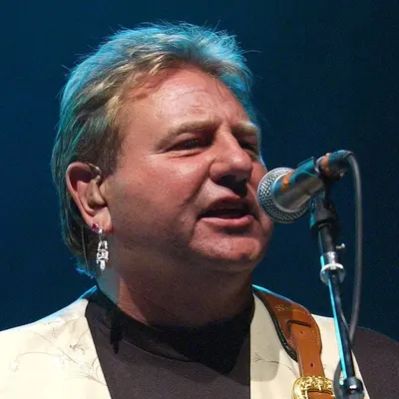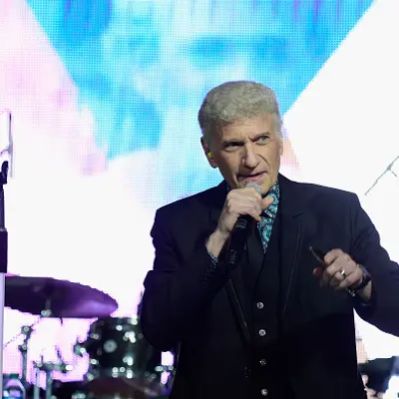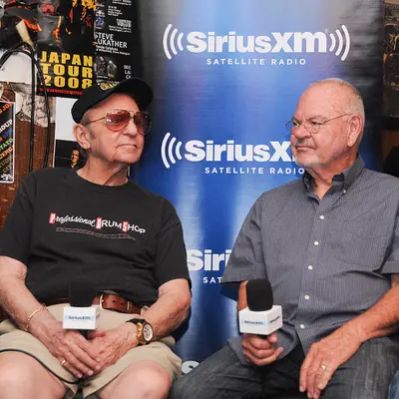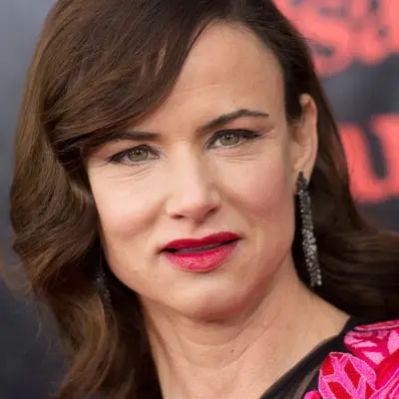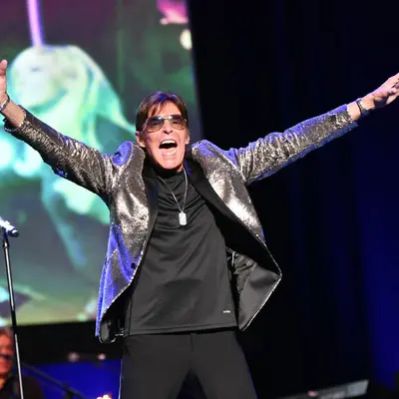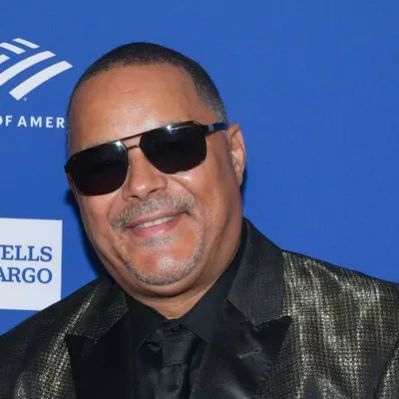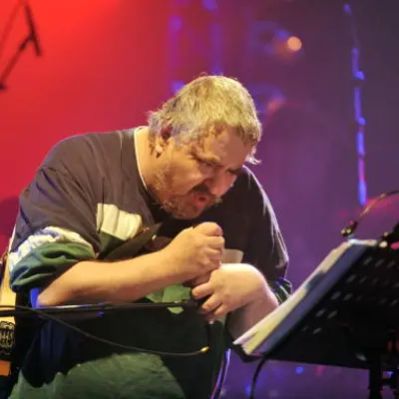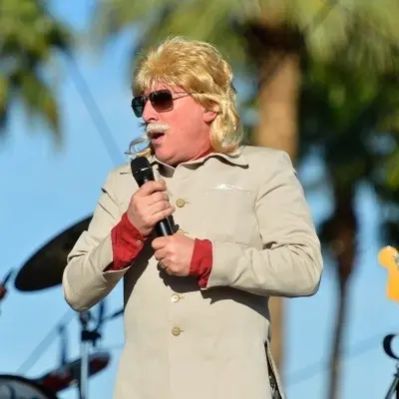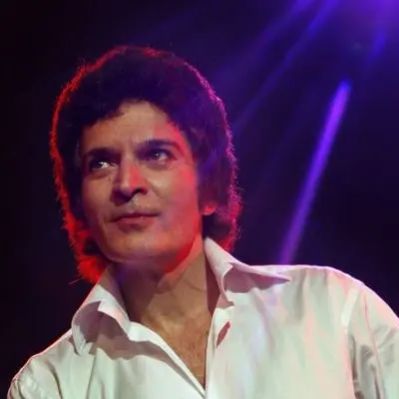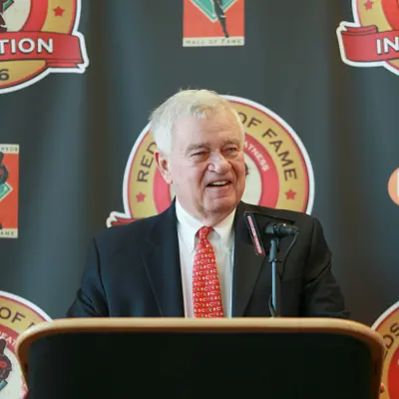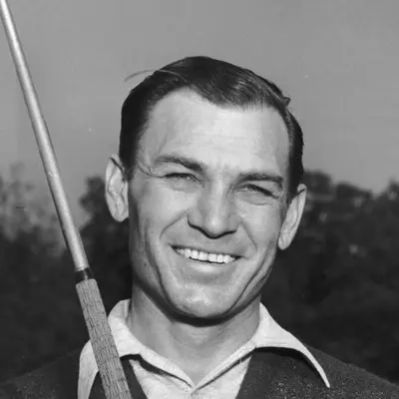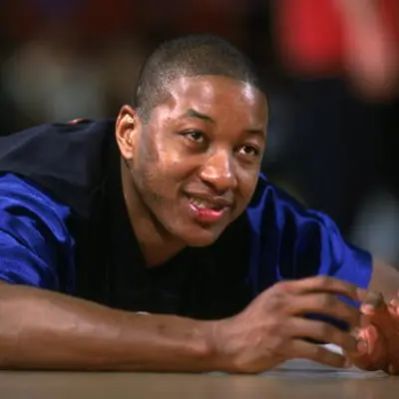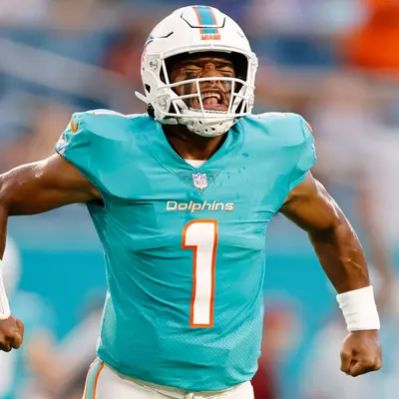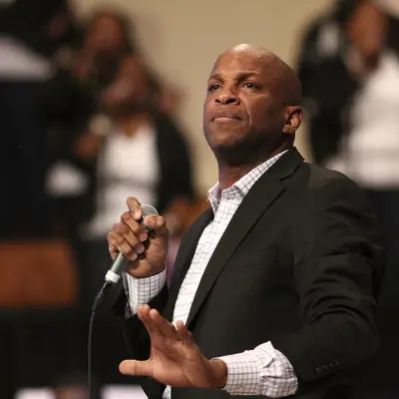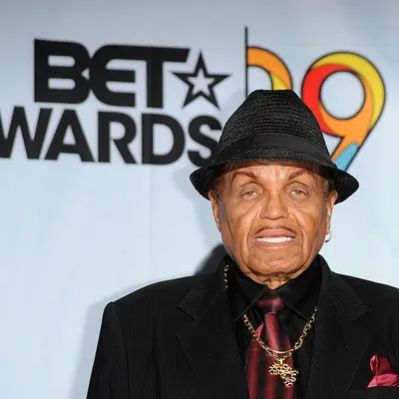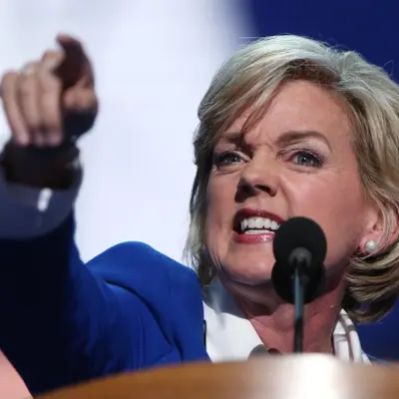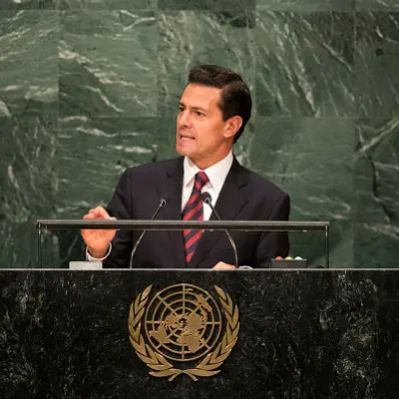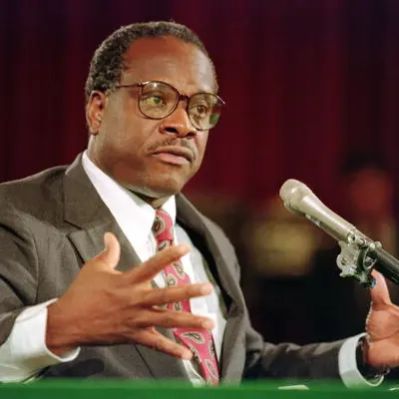What Is Greg Lake’s Net Worth?
Greg Lake, a prominent figure in progressive rock as a musician, singer, songwriter, and producer, had a net worth of $16 million at the time of his passing. His financial standing was primarily accumulated through decades of musical endeavors, including his work with King Crimson and Emerson, Lake & Palmer (ELP), as well as his solo career.
Early Musical Career and King Crimson
Born Gregory Stuart Lake on November 10, 1947, in Poole, Dorset, England, Lake’s early life laid the foundation for his later success. He began playing guitar at age 12, taking lessons from Don Strike, who also taught Robert Fripp. His first bands included The Shame and The Gods, where he honed his skills before joining King Crimson in 1969. Lake’s role as bassist and lead vocalist on King Crimson’s debut album, “In the Court of the Crimson King,” was pivotal. Although specific contract details from this early period are not publicly available, the album’s success significantly raised his profile in the music industry, contributing to future earnings.
Emerson, Lake & Palmer: Peak Earnings
In 1970, Lake co-founded Emerson, Lake & Palmer (ELP), a supergroup that achieved considerable commercial success. ELP’s albums, such as “Tarkus,” “Trilogy,” and “Brain Salad Surgery,” sold millions of copies worldwide. Though exact sales figures and royalty rates from this period are not fully disclosed, it is estimated that ELP generated tens of millions of dollars in revenue, a significant portion of which contributed to Lake’s net worth. Lake’s roles as bassist, guitarist, vocalist, and songwriter within ELP ensured that he received royalties from various sources, including album sales, live performances, and publishing rights.
ELP’s live performances were also a major source of income. The band’s elaborate stage productions and technical virtuosity attracted large audiences. Specific figures for concert revenues are not readily available, but comparable acts of the era earned substantial amounts per show. For instance, major stadium acts in the 1970s could earn hundreds of thousands of dollars per performance, and ELP was certainly among the top-tier touring bands of that decade. Considering that ELP played countless concerts and festivals around the globe, this would have significantly bolstered Lake’s earnings.
While detailed financial records from ELP’s tours are not accessible, it is reasonable to assume that Lake received a substantial share of the band’s performance revenue. Standard practice for successful bands involves dividing income based on negotiated agreements, which often take into account factors like songwriting contributions and role within the band. Given Lake’s importance as a vocalist, bassist, and songwriter, he likely received a higher percentage of the band’s profits compared to an average member.
Solo Career and “I Believe in Father Christmas”
Lake’s solo career, particularly his hit single “I Believe in Father Christmas,” added to his financial success. Released in 1975, the song became a perennial holiday classic and continues to generate royalties each year. Exact royalty figures are confidential, but given the song’s enduring popularity, it likely provides a steady stream of income. His two solo albums, “Greg Lake” (1981) and “Manoeuvres” (1983), while not as commercially successful as ELP’s work, still contributed to his overall earnings through sales and airplay.
Throughout the 1980s and beyond, Lake engaged in various reunions of ELP and collaborations with other musicians. While these projects may not have reached the commercial heights of ELP’s peak years, they helped sustain his career and provided additional income. For example, Emerson, Lake & Powell, formed in the 1990s, released an album and toured, generating revenue that contributed to Lake’s earnings. Specific figures are not available, but these activities allowed him to maintain a presence in the music industry and continue earning from his musical talents.
Later Years and Touring
In his later years, Lake continued to tour, often performing solo acoustic shows where he played stripped-down versions of his classic songs and shared stories from his career. These performances, though smaller in scale compared to ELP’s stadium concerts, provided a steady income stream. While specific earnings from these tours are not publicly available, smaller venues and intimate performances still generate revenue through ticket sales, merchandise, and potential VIP packages. Lake’s ability to connect with audiences in these settings allowed him to continue earning from his music even as his career evolved.
Musical Style and Influence
Greg Lake’s musical contributions were characterized by his distinctive voice, melodic bass playing, and sensitive acoustic guitar work. As a songwriter, Lake balanced the technical complexity of progressive rock with memorable melodies and meaningful lyrics. While his influence extended beyond progressive rock, affecting generations of musicians across multiple genres, exact figures from licensing his music are not available. However, his emphasis on musicianship and his ability to maintain emotional resonance within complex compositions set standards that continue to inspire artists today.
Personal Life and Legacy
Known for his professionalism and dedication to his craft, Lake maintained a relatively private personal life despite his fame. He was married to his wife Regina for 40 years until his death, and was known to be a devoted family man. Financial aspects of his personal life, such as investments or property holdings, are not publicly disclosed. After battling cancer, Greg Lake passed away on December 7, 2016, at the age of 69. His death came just nine months after the passing of his bandmate Keith Emerson, marking the end of an era for progressive rock. While specific details of his estate are private, his legacy as a foundational figure in progressive rock remains.
 Net Worth Ranker
Net Worth Ranker
